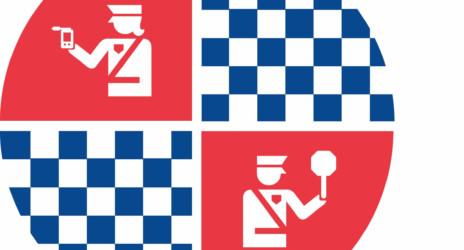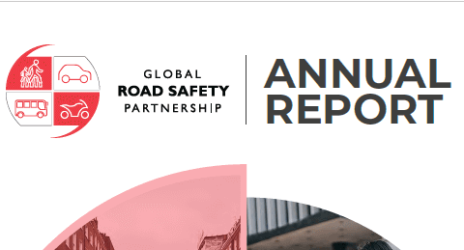Crossing Borders – Follow the Traffic Rules
Drivers across the European Union will face sanctions for breaking traffic laws even when driving in a foreign country. “Traffic laws apply to all drivers, regardless of the country where their vehicle is registered,” said Antonio Avenoso, European Traffic Safety Council (ETSC) Executive Director.
The message is simple: as a driver, you would not break the traffic laws in your home country. You know the authorities can access your information through a database of registered vehicles and thus send a fine at your home. The same will apply when you drive abroad, acting as a deterrent to breaking traffic rules.
These developments will come into force at the latest on the 7th of November 2013, the deadline for EU Member States to implement Directive 2011/82/EU facilitating the cross border exchange of information on road safety related traffic offences. The implementation of this legislation has a considerable life-saving potential and will help improve road safety across the Union.
What will change? Nothing, if you are a law-abiding driver or motorcycle rider! Traffic laws are introduced and enforced in order to save lives and reduce the risk of road collisions. This is a fact across all of the EU, and across the world. It is thus fair for the authorities to seek to enforce these laws on all those travelling within one country, the country of a vehicle’s registration should not mean that enforcement is more lenient.
Eight major road safety related offences are included in the text of the EU Directive:
- Speeding,
- Not using a seatbelt,
- Not stopping at a red traffic light or other mandatory stop signal,
- Drink driving,
- Driving under the influence of drugs,
- Not wearing a safety helmet (for motorcyclists),
- Using a forbidden lane (such as the forbidden use of an emergency lane, a lane reserved for public transport, or a lane closed down for road works),
- Illegally using a mobile phone, or any other communications device, while driving.
As such, drivers crossing national borders within the EU must inform themselves of the traffic rules in the country they will be visiting. According to a recent European Commission estimate, some 100 million cross-border road trips are undertaken annually in the EU, primarily for business and tourism purposes. As part of the Directive, EU countries and the European Commission must inform road users of the traffic rules in each country. The European Commission has set up a dedicated page, available in all EU official languages at: http://ec.europa.eu/transport/road_safety/going_abroad/index_en.ht
Additionally, TISPOL, the European traffic police network, has published a series of country driving guides, providing information about national traffic laws: www.tispol.org/
“We ask all drivers going abroad to access this information and comply with the traffic rules,” concluded Mr Avenoso.
For more information please contact ETSC Communications Manager Mircea Steriu at mircea.steriu@etsc.eu, or Policy Director Ellen Townsend at ellen.townsend@etsc.eu.






